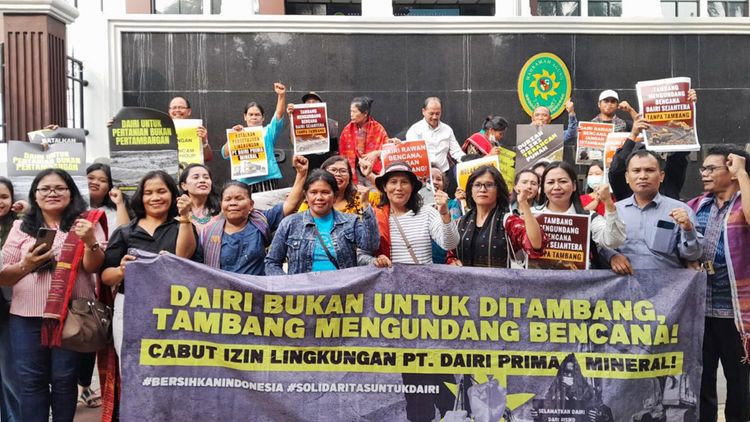Asia Undercovered Round-up: 30 Nov 2021

This week: Malacca election stunner, how Bhutan achieved sustainable development, and disappearing articles in Kashmir.
Undercovered last week
In remote North Maluku, a province of Indonesia, the capital has been moved to a small town of just 18,000, in a mangrove forest. And, according to Mahmud Ichi, they plan to keep it that way as an eco-friendly, forest capital (Mongabay).
There is a worrying rise in communal violence in the state of Tripura in Northeast India. In this piece for Madras Courier, Roshni D’Souza argues that it’s a result of hate mongering by Hindu nationalists and migration that put minority Muslims in an increasingly precarious situation.
Did you see our latest Q&A, with Chandrani Sinha, a journalist from Northeast India? She shares why local reporting by local journalists matters and the challenges she faces visiting often remote areas in the undercovered region.
Meanwhile, in Kashmir, an investigation finds that newspaper archives are seeing articles critical of the national government disappear from their archives, with journalists believing that the central government is to blame. Another sign of creeping digital authoritarianism in the occupied region (Aakash Hassan, Coda Story).
Two Cambodian refugees in Thailand were forcibly returned to Cambodia, reports Prachatai, and are now facing unfair trials and potential long jail sentences. It’s another sign of illegal deportations affecting refugees and activists across Southeast Asia.
Worth reading: This report from Abu Siddique on the environmental impacts of shrimp farming in Bangladesh, where a freshwater crisis (partly due to climate change) is putting the future of this industry and the millions who depend on it in peril (The Third Pole).
And a rare video worth watching. From the team at Engage Media, a short documentary on the Philippines communities impacted by Super Typhoon Haiyan, focusing on the mental scars that survivors still deal with to this day.

Electoral Politics
The main parties in the governing coalition in Indonesia’s Parliament wants to increase the threshold for parties to enter Parliament, partly to increase their power. But Alexander R Arifianto cautions that this could lead to a more unified – and conservative – Islamic vote, currently split between three ideologically varying parties (Indonesia at Melbourne).
And a stunning election results from the state of Malacca in Malaysia, where the Pakatan Harapan coalition lost control to Barisan Nasional, the longtime and current national ruling party. In this piece for Between the Lines, Bridget Welsh places the blame at the feet of opposition leader Anwar Ibrahim, and calls for the coalition to reconsider his role.

Geopolitics
It’s been a stunning shift. The Philippines seems to be fed-up with China after being subject to its increased incursions in the West Philippine Sea, and lack of promised investments. This means a rapid reestablishment of ties with the United States, when it comes to defense (Inquirer) and a reconsidering of its China-friendly policy (ORF).
It will be worth watching how China plays out as an issue in next year’s Presidential elections.

Solutions Stories
Bhutan will leave Least Developed Country status by 2023, outpacing its South Asian neighbors despite not focusing on large-scale or industrial development plans. In fact, its environmental preservation, the creation of niche, high end markets, and investing in social enterprises that has enabled sustainable economic growth (Down to Earth).
A new biosphere has been designated on the island of Penang, home to Malaysia’s second largest city. It will provide opportunities to test, engage, and manage ways to live with nature through innovative approaches to developing a sustainable, socially and culturally appropriate economy (SL Wong, Macaranga).

Reporting Done Right
We often call out western, mainstream media for undercovering or misreporting stories in Asia. But sometimes, they get it right.
You may have seen news stories, including ones we’ve included in Asia Undercovered, on assassinations of prominent Rohingya leaders. This excellent piece in the New York Times by Hannah Beech connects these killing, eight in total, and how they were all on a hit list by the largest militant group in the camps, the Arakan Rohingya Salvation Army.
It’s reporting that adds value, provides context, and helps us better understand what it’s like living in the camps.

Asia Undercovered: Round-ups and in-depth analysis of the news, events, trends and people changing Asia, but not getting enough attention in the US media.





Member discussion